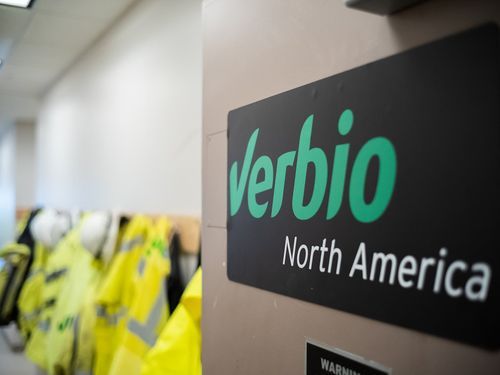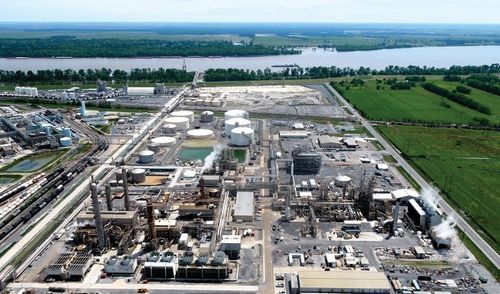Nutrien, a publicly traded company based in Canada, is evaluating Geismar, Louisiana as the site to build a clean ammonia facility, according to a news release.
Building on the company’s expertise in low-carbon ammonia production, the project will proceed to the front-end engineering design phase with a final investment decision expected in 2023.
If approved, construction of the approximately $2bn project would begin in 2024 with full production expected by 2027.
The new clean ammonia plant would use natural gas and high-quality carbon capture and sequestration infrastructure at its existing Geismar facility to serve agriculture, industrial and emerging energy markets.
The plant is expected to have an annual production capacity of 1.2 million metric tonnes of clean ammonia and capture at least 90 percent of CO2 emissions, permanently sequestering more than 1.8 million metric tonnes of CO2 in dedicated geological storage per annum.
Nutrien has signed a term sheet with Denbury Inc. that would allow for expansion of the existing volume of carbon sequestration capability in its Geismar facility, if selected as the final site of construction.
The company has also signed a Letter of Intent to collaborate with Mitsubishi Corporation for offtake of up to 40 percent of expected production from the plant to deliver to the Asian fuel market, including Japan, once construction is complete.






